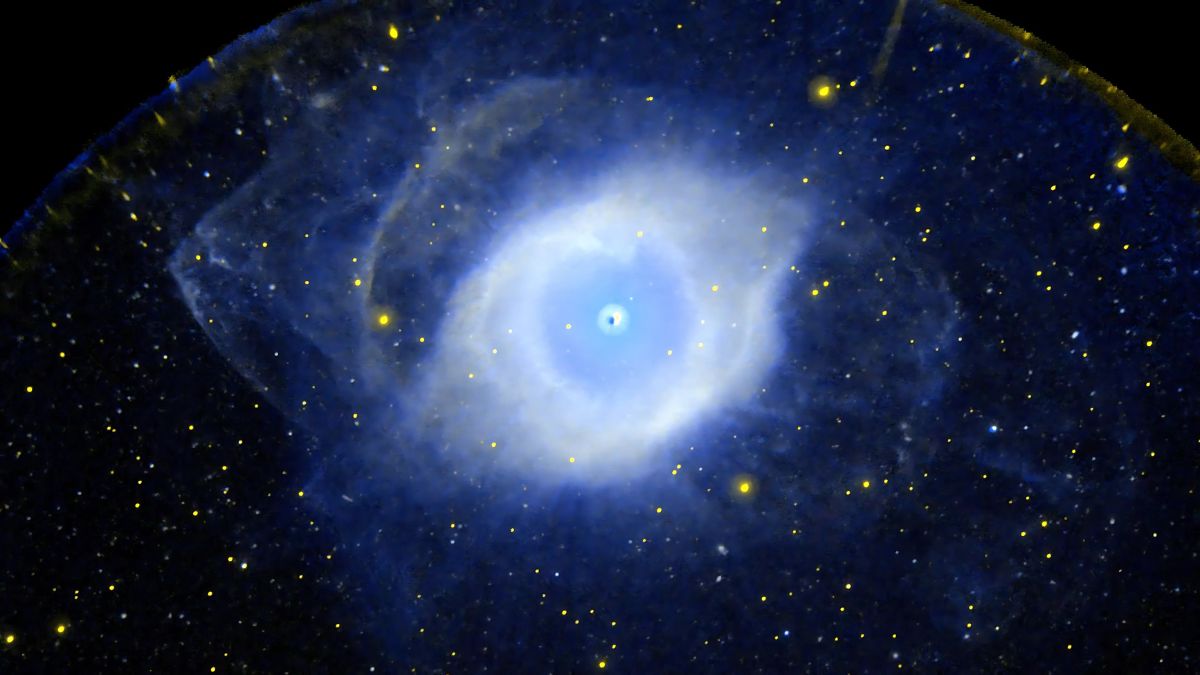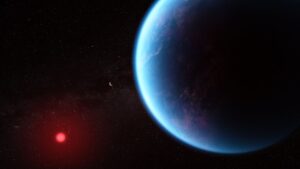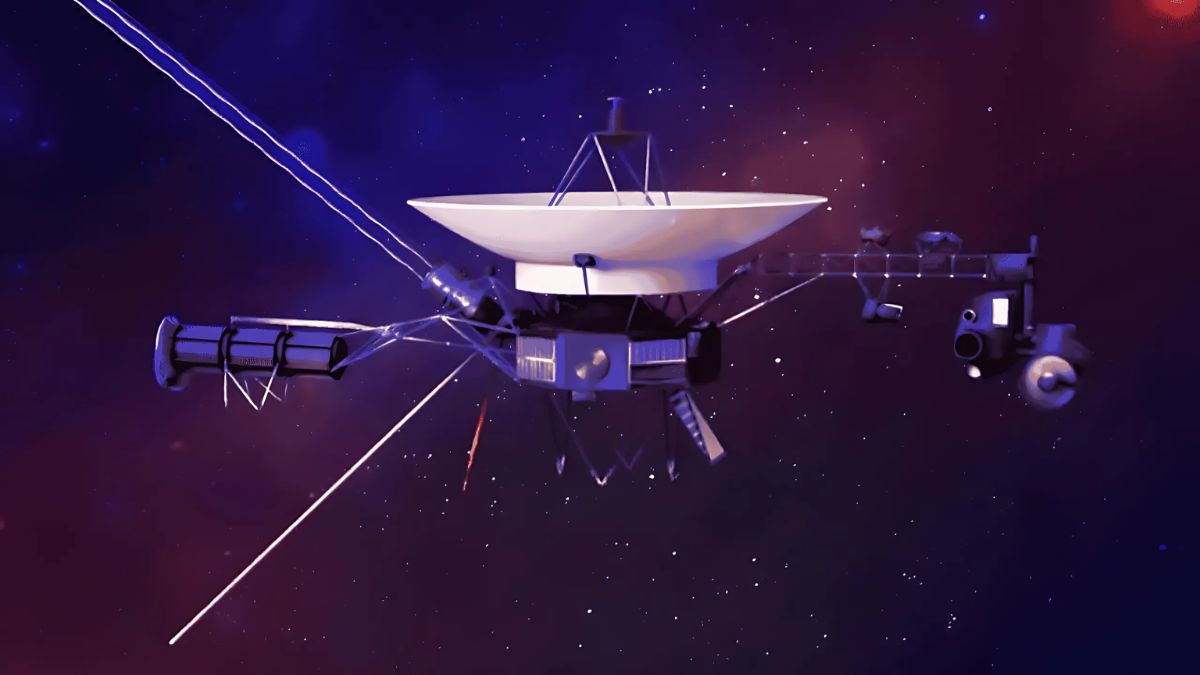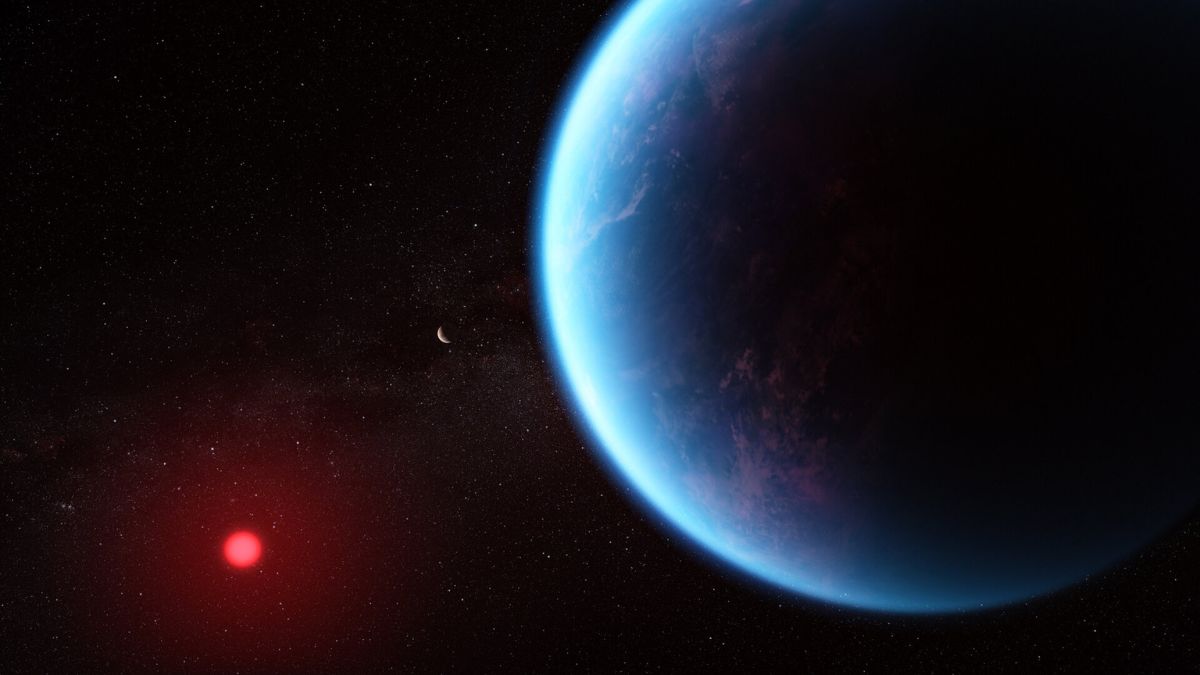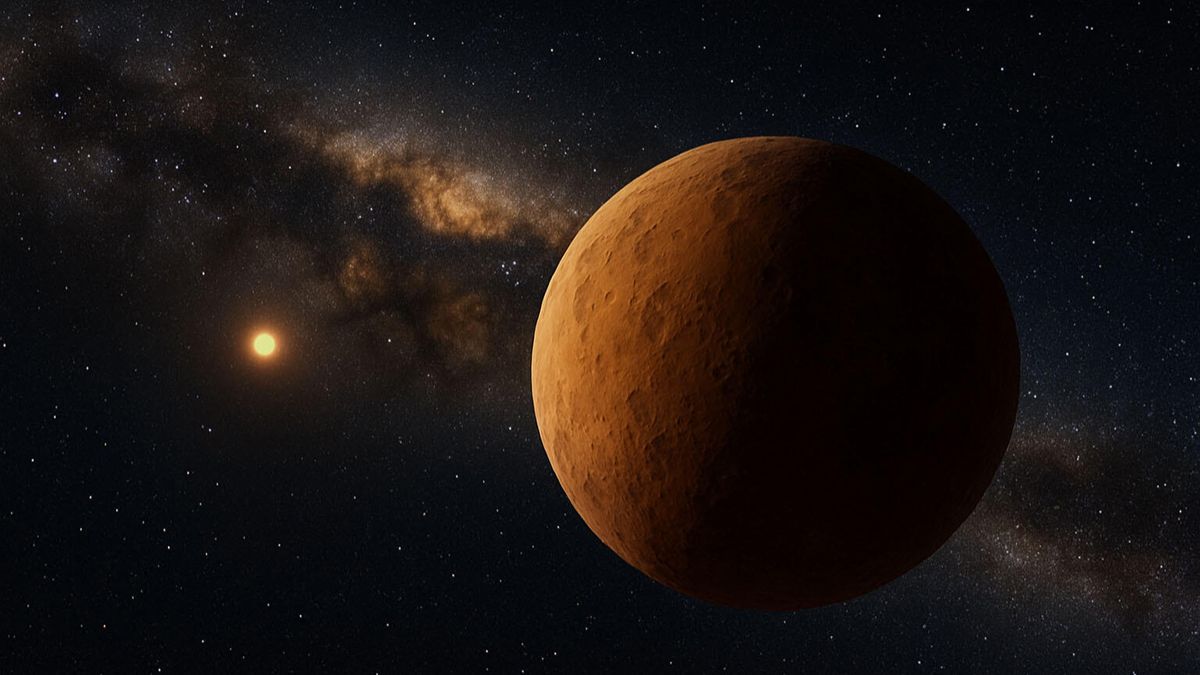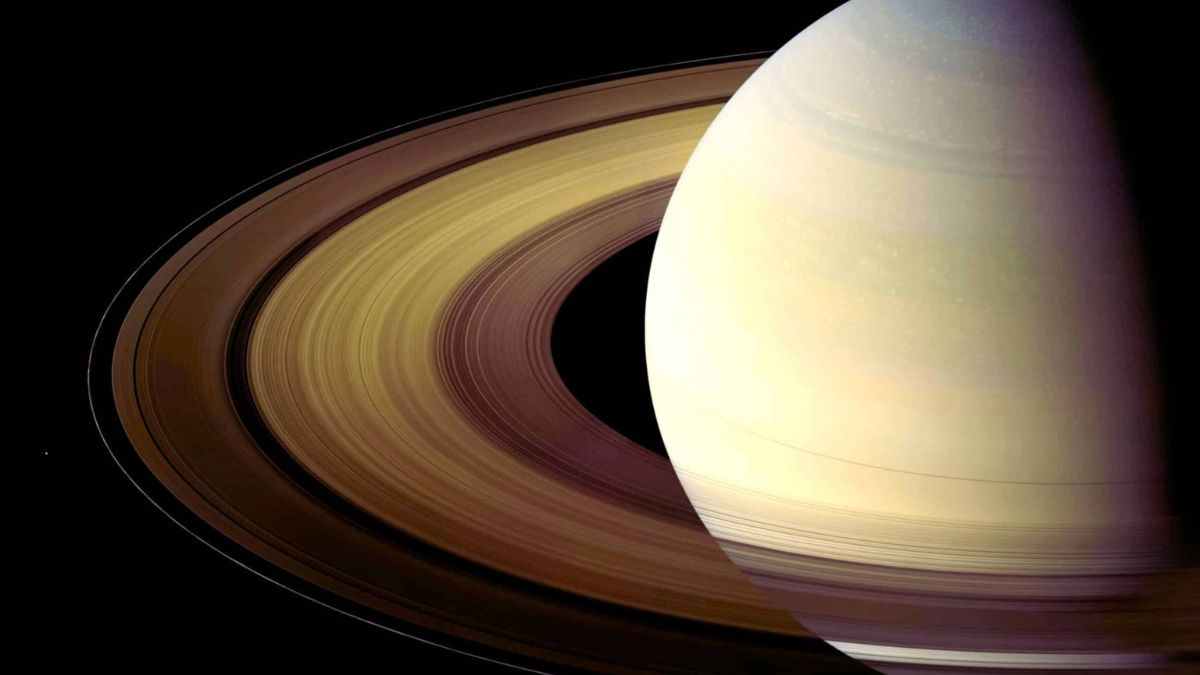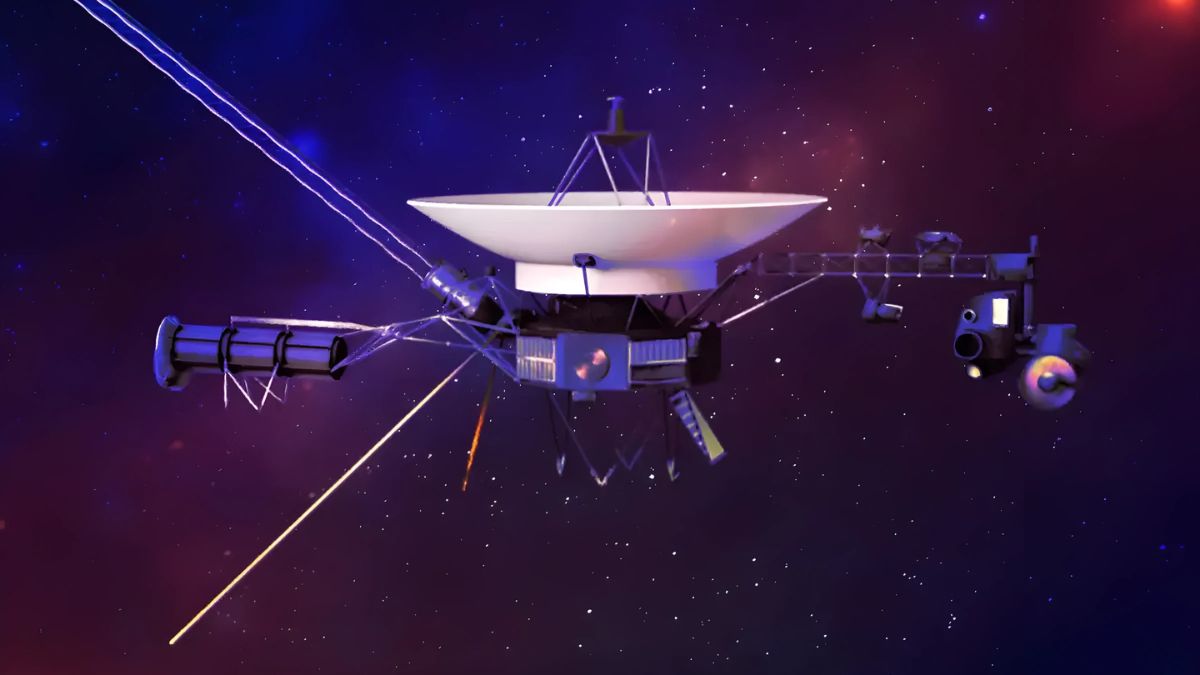Have you ever stopped to think that gravity—the very force that keeps our feet on the ground and planets in orbit—might not be what it seems? For centuries, we’ve trusted it as a constant law of nature. But a recent discovery is shaking that belief to the core. Some scientists now suggest that gravity might just be an illusion, a byproduct of something far more mysterious: spacetime itself is not fixed, but fluctuating like ripples in a pond. And this could change everything we thought we knew about the universe.
Table of Contents
Gravity
Let’s go back to the basics. Gravity is one of the four fundamental forces of nature, alongside electromagnetism and the strong and weak nuclear forces. Sir Isaac Newton gave us the first solid explanation with his apple-falling theory—gravity pulls objects together. Then Einstein came along with general relativity and took it a step further, showing that mass bends spacetime, and that bending is what we feel as gravity.
For a while, it all made sense. We had laws to explain orbits, tides, black holes—you name it. But then came quantum mechanics, the science of the incredibly small. It works perfectly in the micro-world of atoms and particles. Problem is, quantum mechanics and general relativity don’t play well together. Try applying both to a black hole or the start of the universe, and everything breaks down.
Turningpoint
Now comes the mind-blowing part. A new theory suggests that gravity isn’t a force at all. Instead, it’s a side effect of something deeper happening on a quantum level. Spacetime itself, the invisible fabric that makes up the universe, could be emerging from tiny quantum interactions.
Think of it like this: gravity might be a shadow cast by more fundamental quantum processes, much like how heat is a result of particle motion. This theory of “floating spacetime” proposes that what we’ve been calling gravity is really just a reflection—one that appears real, but is actually the result of deeper physical processes.
Floating
So, what does floating spacetime even mean? Instead of thinking about space and time as the solid stage where the universe performs, this new idea treats spacetime as something flexible, dynamic, and even temporary. In this view, spacetime isn’t the backdrop—it’s part of the performance.
This changes everything. If gravity is just a side effect, then it could be manipulated. That’s right—future technology might use quantum principles to bend spacetime itself. Think faster-than-light travel, advanced energy systems, even radical medical breakthroughs. It’s like stepping into a sci-fi story, except this time, it’s grounded in cutting-edge science.
Threats
But every revolutionary idea comes with a big set of questions. For starters: how exactly does spacetime fluctuate? Can we observe it directly? And if gravity isn’t a force, how does this new theory fit into the existing frameworks of physics?
Most importantly, what does this do to our understanding of the Big Bang? If spacetime is not fixed, then the event that supposedly created it might not have happened the way we think. In fact, findings from inside black holes suggest a completely different origin story might be hiding in plain sight.
Future
The truth is, scientists are just scratching the surface. We’re entering a phase where ideas that once sounded like science fiction are starting to look like real possibilities. This theory might also shine light on the strange behavior of dark matter, which doesn’t interact with gravity in the usual way.
To prove any of this, though, we’ll need experiments in environments as extreme as black holes or the early universe. That’s a tall order, but if it works, it could rewrite physics from the ground up.
Here’s a quick table to summarize how this changes the game:
| Concept | Old View | New Theory (Floating Spacetime) |
|---|---|---|
| Gravity | Fundamental force | Emergent quantum effect |
| Spacetime | Fixed background | Dynamic and fluctuating |
| Big Bang | Start of spacetime | Possibly a quantum phase shift |
| Dark Matter | Unexplained force | Quantum result of spacetime behavior |
| Technology Potential | Limited by known physics | Unlimited with spacetime manipulation |
So the next time you feel the pull of gravity, consider this: maybe you’re not being pulled at all. Maybe you’re surfing the waves of a floating spacetime—one quantum fluctuation at a time.
FAQs
Is gravity really an illusion?
Some theories say it’s a result of quantum spacetime effects.
What is floating spacetime?
It’s the idea that spacetime fluctuates at a quantum level.
Does this theory affect the Big Bang?
Yes, it could change our view of the universe’s origin.
Can gravity be manipulated?
Possibly, if it’s a quantum effect, future tech could control it.
How is this different from Einstein’s theory?
Einstein saw gravity as curvature; this sees it as emergent.

